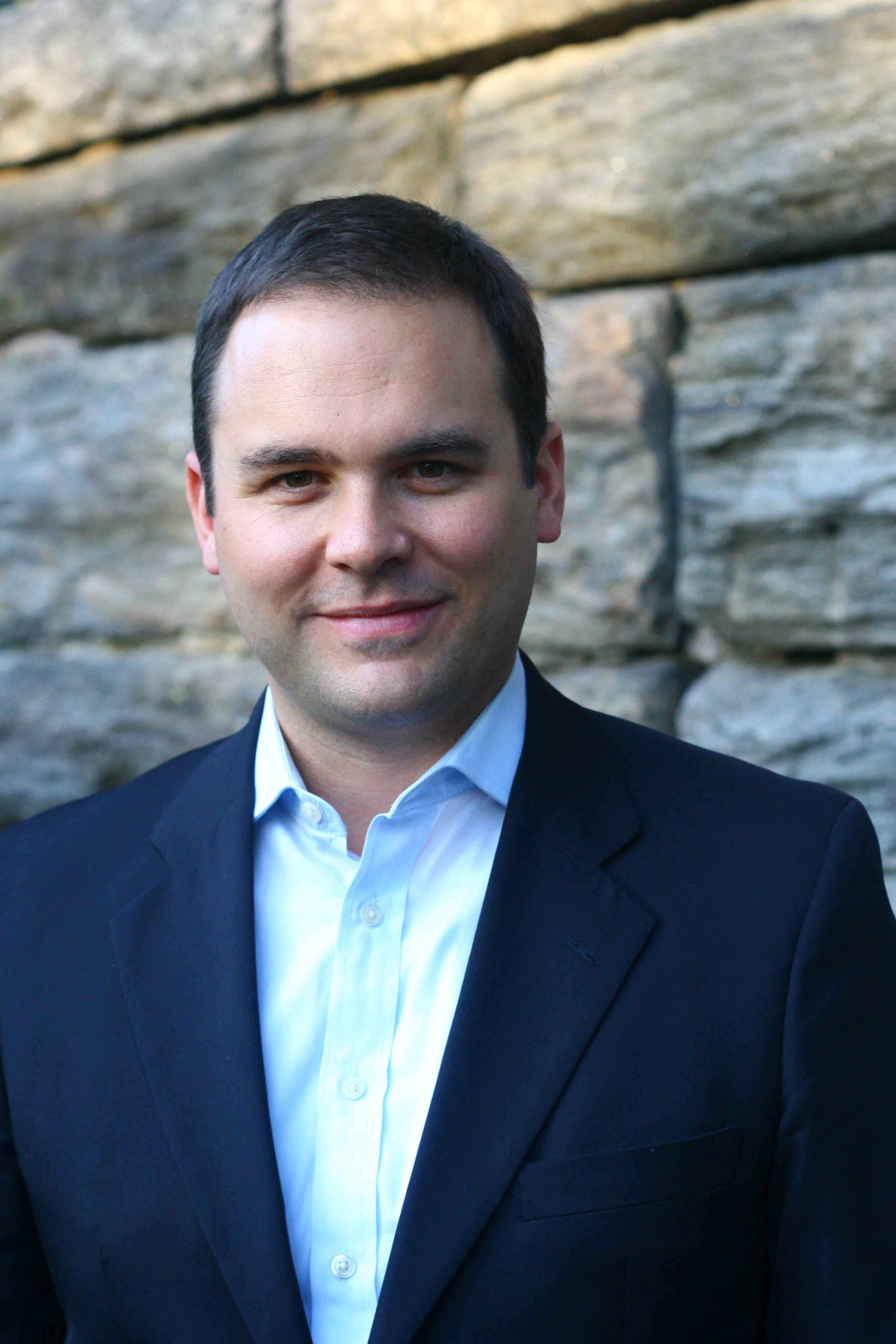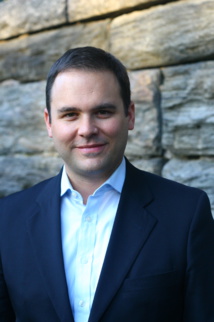Thestrategist.com – 08 June 2015 – The reporter of “New York Times”, David Gelles, explores the growing trend of meditation amid the corporate sector of America. Zachary Karabell begins with a satirical note by saying:
“Corporate America and meditation: Until quite recently, those words in the same sentence might have made for a satiric article in the Onion.”
However, Karabell informs that in Gelles’s new book, which is quite unusual in nature these ‘strangers’ soon turn into regular norms. As per Gelles, the ‘corporate mindfulness-seminar’ are soon going to become a “prevalent” affair of the corporate world, just like cafeterias and “workplace day care”.
It is the first time ever that the American corporate sector is setting a trend for “shaping” the society. In fact, even after reaching the “limits of growth” the tech-enterprises along with multinational companies continue to grow “rapidly”, whereby continues to influence the public life by “carving out a larger role” for them. Likewise, Americans have always been open to the influence of various philosophies, starting from “ancient Buddhist practices and yoga to the most esoteric aspects of the New Age”.
Moreover, they have tried their hands at various forms of ‘non-traditional’ medicine and other routines of “bodywork”; therefore it should not come as a surprise the fact that an increasing number of organisations are turning towards what Gelles terms as “mindful work” – a nickname coined by Gelles for an adaptive version of old meditation-techniques combined with breathing exercises which have been proven useful in energising by reducing stress, boosting health by strengthening the immune-system, developing the power of concentration by improving mental health whereby making an individual more co-operative, active and equally productive.
Interestingly, Gelles is a person who practices what he preaches; consequently, his narratives are enriched with personal experiences, whereby he defines ‘mindfulness’ as:
“...paying attention in a particular way: on purpose, in the present moment, and nonjudgmentally.”
In fact, the above mentioned process requires “a modest amount of self-discipline” through regular practice of quietening oneself and concentrating on the breathing pattern while bring mental activities to a stand-still. Moreover, the process enables one to be more compassionate towards others, especially colleagues, even though they may lack the same.
Gelles’ venture takes him to explore the “first few mindfulness experiments” conducted by big companies of 1990’s. Consequently, he proceeds by exploring “the evolution of corporate meditation experiments” blending in his experiences of “regular meditation” which:
“...helped him handle challenging stories and abrasive editors.”
However, Gelles also expresses a tinge of satire on this practice as to whether C.E.Os coaxing their staffs into a forceful routine of breathing exercises to get a better result out of the latter can be justifiable or not; although he acknowledges the “desire of CEOs” for stressing the need of such activities.
With the trend of meditation growing more and more popular in the corporate sectors, Gelles disputes that, the said practice may turn mechanical after a point. Here too, he blames the human way of using the tool rather and not the practice by itself. In Gelles’s words “mindfulness” may turn into:
“...a commercialized, sanitized, and whitewashed version of the practice.”
As per Karabell, Gelles at times fails to blend his case-studies along with his experiences, thus there remains a gulf between the two; whereby the author’s outlook on “today’s mindfulness” being a tool for a selective demography is an understatement. Furthermore, Karabella says, the “powerful argument” here is that, we should concentrate on “integrating tools that promote focus and compassion”.
In Karabella’s words:
“As the tools of technology continue to permeate and shape our world, it will be fascinating to see whether that culture spreads even farther. In the meantime, it can only be for the good that more companies are embracing the tenets of mindfulness, seeking to temper the calculus of profit with the powerful need we all have to feel more connected to those around us.”



















